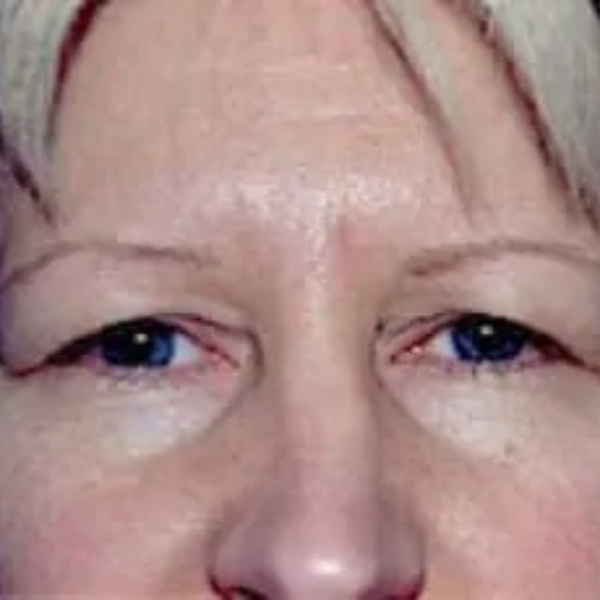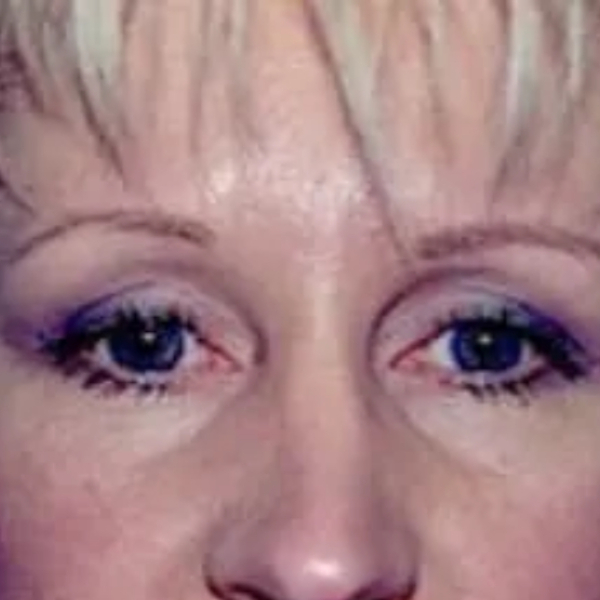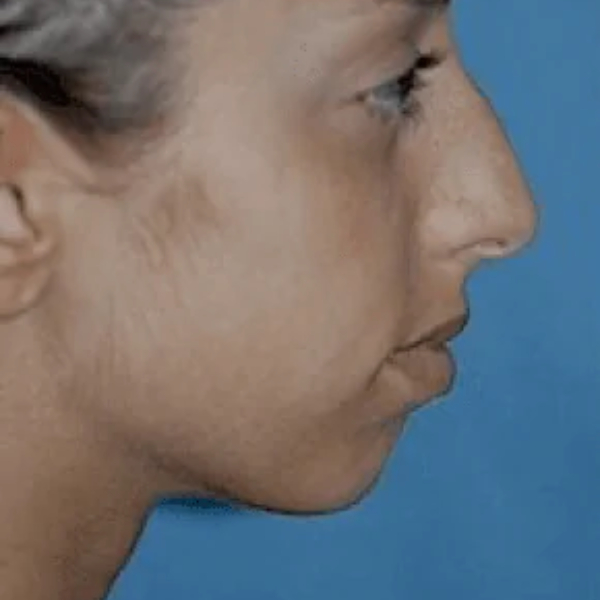At Associates in Plastic Surgery, located in the heart of New Jersey and serving patients in Edison, Marlboro, Warren, and West Orange, we believe that knowledge is the first step to empowering our patients. One of the conditions we frequently address is gynecomastia, a condition that affects many men. To help you understand it better, let’s dive into its causes, symptoms, how it’s diagnosed, and the available treatments for male breast reduction surgery.
Contents
What is Gynecomastia?
Gynecomastia is the medical term for a condition where male breast tissues enlarge, leading to the appearance of breasts. It’s essential to differentiate gynecomastia from the mere accumulation of fat in the chest area, which is called pseudogynecomastia. While the former involves glandular tissue growth, the latter is simply a result of obesity.
Gynecomastia, beyond its physical manifestations, can have profound psychological effects on individuals. Many men with this condition often feel self-conscious about their appearance, especially in situations where the chest area is exposed, such as at the beach or gym. This heightened self-awareness can lead to a significant dip in self-esteem, making them feel less confident in social situations and impacting their overall quality of life. Addressing gynecomastia is not just about physical restoration, but also about helping individuals reclaim their self-worth and confidence.
Causes of Gynecomastia
Several factors can contribute to the onset of gynecomastia, including:
- Hormonal Imbalance: One of the primary causes is an imbalance between the sex hormones testosterone and estrogen.1 While testosterone controls male traits, estrogen controls female traits. Men produce both hormones. If the balance shifts and there’s too much estrogen or too little testosterone, gynecomastia can occur.
- Medications: Some medications are known to cause gynecomastia as a side effect. This includes certain antibiotics, heart medicines, anti-anxiety drugs, and some ulcer medications, among others.
- Recreational Drugs & Alcohol: Drugs like marijuana, amphetamines, heroin, and excessive alcohol can cause gynecomastia.2
- Health Conditions: Various health conditions can lead to gynecomastia, including kidney disease, thyroid disorders, liver disease, and certain types of cancer.3
- Age: Gynecomastia can occur at any age, from newborns to older adults. Hormonal changes during puberty and aging can lead to its development.
Symptoms of Gynecomastia
Men experiencing gynecomastia often report a range of symptoms. The most commonly reported is tenderness or sensitivity in the chest area. Accompanying this is the enlargement of the male breast tissue, which is the hallmark of this condition. Some men also experience mild pain or discomfort in their breasts. In rare cases, there may be discharge from one or both nipples. It’s essential to be aware of these symptoms to seek appropriate consultation and care.
Diagnosing Gynecomastia
If you suspect you might have gynecomastia, consulting with one of our experienced plastic surgeons should be your first step. At Associates in Plastic Surgery, our team will guide you through the diagnosis process. This begins with a physical examination, where the breast tissue, abdomen, and genitals are checked for potential clues about the cause. We’ll also delve into your medical history, inquiring about any family history of gynecomastia, medications you’re currently taking, and other relevant medical conditions. To further understand the condition, blood tests may be recommended to evaluate liver, kidney, and thyroid functions, as well as hormone levels. Depending on individual circumstances, imaging tests such as mammograms, MRIs, or CT scans could be used to inspect the breast tissue more closely. In rare instances, if there’s any suspicion of breast cancer—which is exceedingly rare in men—a tissue biopsy might be carried out.
Treating Gynecomastia
When it comes to treating gynecomastia, there are several male breast reduction procedures that can help restore the male chest’s natural contour. Understanding the available treatments is crucial for anyone considering undergoing a procedure. Generally, the surgical procedures to treat gynecomastia are performed on an outpatient basis under general anesthesia. This ensures that the patient remains comfortable throughout the process.
Gynecomastia Surgery
This surgical procedure is specifically designed to address excess breast tissue that characterizes gynecomastia. By making small incisions around the areola, our skilled plastic surgery team removes the excess tissue, restoring a flatter, more masculine chest appearance. If there’s excess skin that requires removal, the surgeon might opt for excision. Additionally, this technique is used when there’s a need to resize the areola or reposition the nipples to a more elevated location.
Liposuction
Often used in tandem with gynecomastia surgery, liposuction targets excess fat in the chest area to reduce breast size. Using a thin tube called a cannula, the fatty tissue is carefully suctioned out. The beauty of liposuction is that it requires only small incisions and dissolvable sutures, ensuring minimal scarring post-procedure.
After undergoing cosmetic surgery for gynecomastia, patients are often required to wear a compression garment known as a compression vest. This garment assists in the healing process by reducing swelling and providing support to the reshaped chest area.
Learn More About Gynecomastia & Treatment Options
Gynecomastia can impact one’s self-confidence, but modern cosmetic surgery offers effective solutions for ideal candidates. At Associates in Plastic Surgery, we pride ourselves on providing the highest standard of care and ensuring that every man can feel confident in his appearance.
If you’re a resident of Edison, Marlboro, Warren, or West Orange, New Jersey, in good health and think you might be a good candidate for gynecomastia treatment, contact us for a personal consultation with our experienced surgeons. Remember, your health and self-confidence are intertwined. There’s no need to let gynecomastia impact your well-being when expert help is within reach.
References
- Mayo Clinic. Enlarged breasts in men (gynecomastia). https://www.mayoclinic.org/diseases-conditions/gynecomastia/symptoms-causes/syc-20351793. Accessed September 1, 2023.
- Canadian Family Physician. Drug-induced gynecomastia in children and adolescents. Available: https://www.ncbi.nlm.nih.gov/pmc/articles/PMC2860825/#. Accessed September 1, 2023.
- Johns Hopkins Medicine. Gynecomastia. Available: https://www.hopkinsmedicine.org/health/conditions-and-diseases/gynecomastia. Accessed September 1, 2023.









